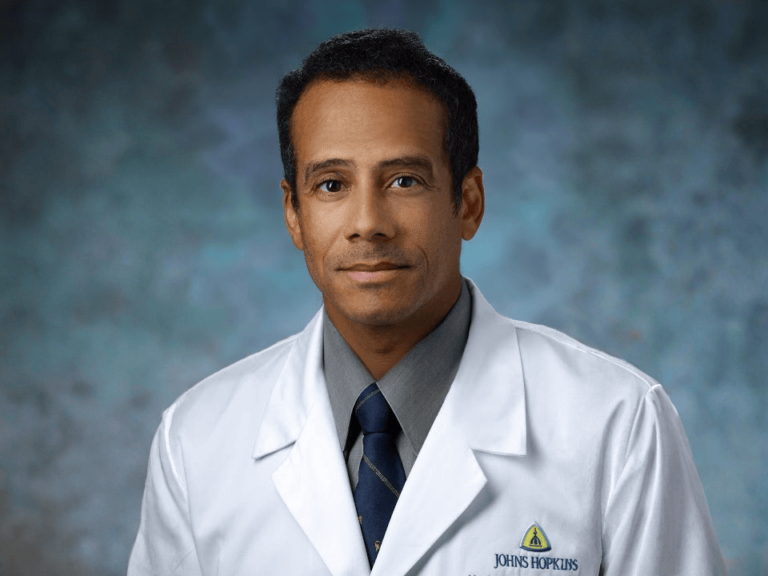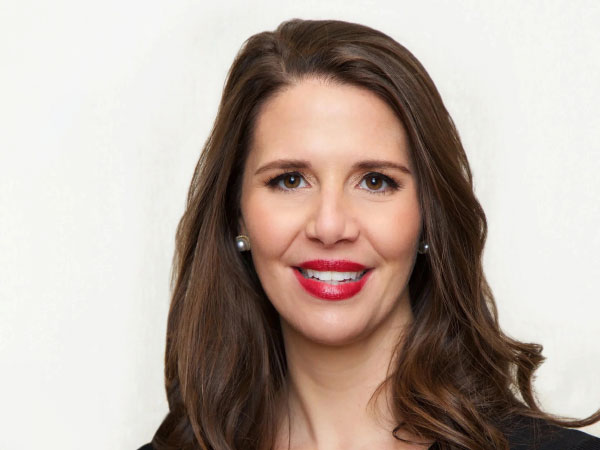In addition to publishing out-of-print books in oncology, the Cancer History Project highlights new books on the history of the field.
The following books have been published within the past three years, with chapters available on the Cancer History Project.
Excerpted from: “Living Medicine: Don Thomas, Marrow Transplantation, and the Cell Therapy Revolution,” by Fred Appelbaum, MD. A conversation and podcast recording with Appelbaum is also available on the Cancer History Project.


Late in the summer of 1960, Dr. Clem Finch invited Dr. Don Thomas to Seattle to give a talk about his early experience with transplantation. Clem, who had been Thomas’s hematology fellowship instructor at the Brigham in Boston, had since moved to Seattle to join the faculty of the new University of Washington School of Medicine. During his lecture in Seattle, Thomas acknowledged his frustration that he had yet to show that marrow transplantation could cure anyone—either there had been problems with graft rejection and graft-versus-host disease, or the leukemia recurred.
After the lecture, a young physician came rushing up to the podium. “We have the ideal patient!” Moreno Robins remembered saying more than 50 years later. Robins was a pediatrician completing his internship at the University of Washington and was caring for a six-year-old girl, Nancy Lowry. Nancy had been well until a few months before, when something changed. She became pale, her gums began to bleed, bruises spontaneously formed over her arms and legs, and she developed intermittent fevers. Examination of her blood showed a paucity of white cells, red cells, and platelets, and a bone marrow examination was markedly abnormal, being largely devoid of cells and replaced by fat. Nancy had aplastic anemia. She also had an identical twin.
Read more: Living Medicine: Don Thomas, Marrow Transplantation, and the Cell Therapy Revolution, by Fred Appelbaum, May 18, 2023.
Excerpted from: “Drugs and the FDA: Safety, Efficacy, and the Public’s Trust,” by Mikkael A. Sekeres, MD (The MIT Press 2022).


Accelerated Approval and the FDA
The 130-acre White Oak campus of the U.S. Food and Drug Administration is located one mile north of the Capital Beltway in Montgomery County, Maryland, making it convenient to get to by car. Its fragmented buildings house the Office of the Commissioner, the Office of Regulatory Affairs, the Center for Drug Evaluation and Research, the Center for Devices and Radiologic Health, the Center for Biologics Evaluation and Research, and offices for the Center for Veterinary Medicine.
The site, acquired by the US Department of the Navy in 1944, originally housed the Dahlgren Division of the Naval Surface Warfare Center, White Oak Detachment, which developed and tested ballistics, torpedoes, mines, and other explosives. In 1993, the Navy moved its operations and transferred the site to the General Services Administration; the FDA then occupied the campus in 2009. True to its military origins, the main ingress to the FDA—Building 1—resembles a fortress, and still has Naval Ordnance Laboratory etched in stone on its frontispiece.
Read more: Accelerated Approval and the FDA, by Mikkael A. Sekeres, Jan. 20, 2023.
Excerpted from: “From Shadows to Life: A Biography of the Cancer Survivorship Movement,” by Judith L. Pearson.


The March
On February 23, 1997, Ellen Stovall, CEO of the National Coalition for Cancer Survivorship (NCCS), sent an email to Betsy Clark, Oncology Social Worker and president of the NCCS board of Directors. “I’ve been taking the pulse of a few key people in the cancer community,” Ellen wrote, “and trying to figure out the best way to reach people to disseminate our materials AND raise consciousness of the public at large about survivorship and NCCS. I believe I have found the answer to the latter and it’s a biggie! We need to talk.”
Ellen’s idea was a march on Washington, with General Norman Schwarzkopf in fatigues leading an army of survivors, advocates, members of the oncology community, and more. Together, they would wage a new war on cancer. NCCS would also bring other advocacy organizations whose stakeholders would participate. The country and the world would see a sea of humanity, all connected to cancer survivors. And their collective voice would ring loud in the ears of Congress, the men and women responsible for doling out cancer research funding. After all, Ellen told Betsy, if Louis Farrakhan could get a Million Man March, what’s the big deal?
Read more: A Biography of the Cancer Survivorship Movement: The March, by Judith L. Pearson, March 11, 2021.
Excerpted from: “A New Deal for Cancer: Lessons from a 50 Year War,” by Abbe R. Gluck and Charles S. Fuchs.


Chapter 4, Essential Underreimbursed Services
The fear of getting cancer, enduring cancer treatment, or dying of cancer maintains a grip on our national psyche that exceeds even the magnitude of cancer’s public health impact as the second- leading cause of death in the United States.
Taken together, the many forms of human cancer are also among the most common illnesses encountered in Western society. One-quarter to one-third of women and one-third to one-half of men will receive a cancer diagnosis in their lifetime.
It is thus not surprising that cancer care is a major driver of the overwhelming costs of healthcare. Indeed, the cost of cancer care has been growing considerably faster than the overall cost of health care.
By some estimates, national expenditures for cancer care could climb from about $100 billion to nearly $150 billion in the next eighteen months. Any approaches taken to control overall health-care costs must address the best ways to contain cancer care costs while ensuring access to high-quality care at the cutting edge of rapidly evolving treatment options for all.
Read more: A New Deal for Cancer – Chapter 4, Essential Underreimbursed Services, by Abbe R. Gluck & Charles S. Fuchs, Dec. 10, 2021.
Hopkins podcast: Epigenetics


50th Anniversary of the Johns Hopkins Kimmel Cancer Center Podcast Series: Epigenetics
By Johns Hopkins Kimmel Cancer Center, Aug. 3, 2023
In this podcast celebrating the 50th Anniversary of the Johns Hopkins Kimmel Cancer Center, Bill Nelson talks with Stephen Baylin about his work in cancer epigenetics and his long tenure spanning the history of the center.
This column features the latest posts to the Cancer History Project by our growing list of contributors.
The Cancer History Project is a free, web-based, collaborative resource intended to mark the 50th anniversary of the National Cancer Act and designed to continue in perpetuity. The objective is to assemble a robust collection of historical documents and make them freely available.
Access to the Cancer History Project is open to the public at CancerHistoryProject.com. You can also follow us on Twitter at @CancerHistProj, or follow our podcast.
Is your institution a contributor to the Cancer History Project? Eligible institutions include cancer centers, advocacy groups, professional societies, pharmaceutical companies, and key organizations in oncology.
To apply to become a contributor, please contact admin@cancerhistoryproject.com.







